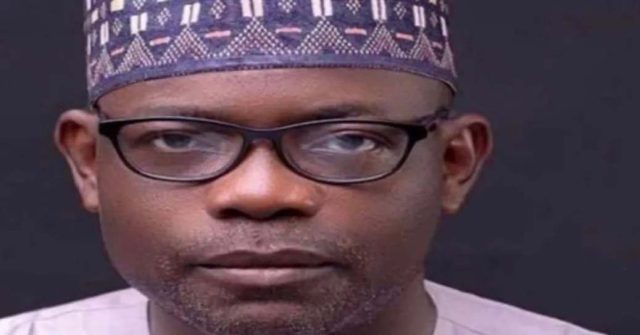Monday, April 29, 2024
Osmek News covers a wide range of news including entertainment, fashion and latest political breaking news and videos straight from the source footages
Contact us: [email protected]
© OsmekNews Dev by MR DAN



















![[Download Music MP3] ANYI NA JA GI MMA – Glorious Singers [Download Music MP3] ANYI NA JA GI MMA - Glorious Singers](https://osmeknews.com/wp-content/uploads/2021/05/glorious-singers-100x75.jpg)









